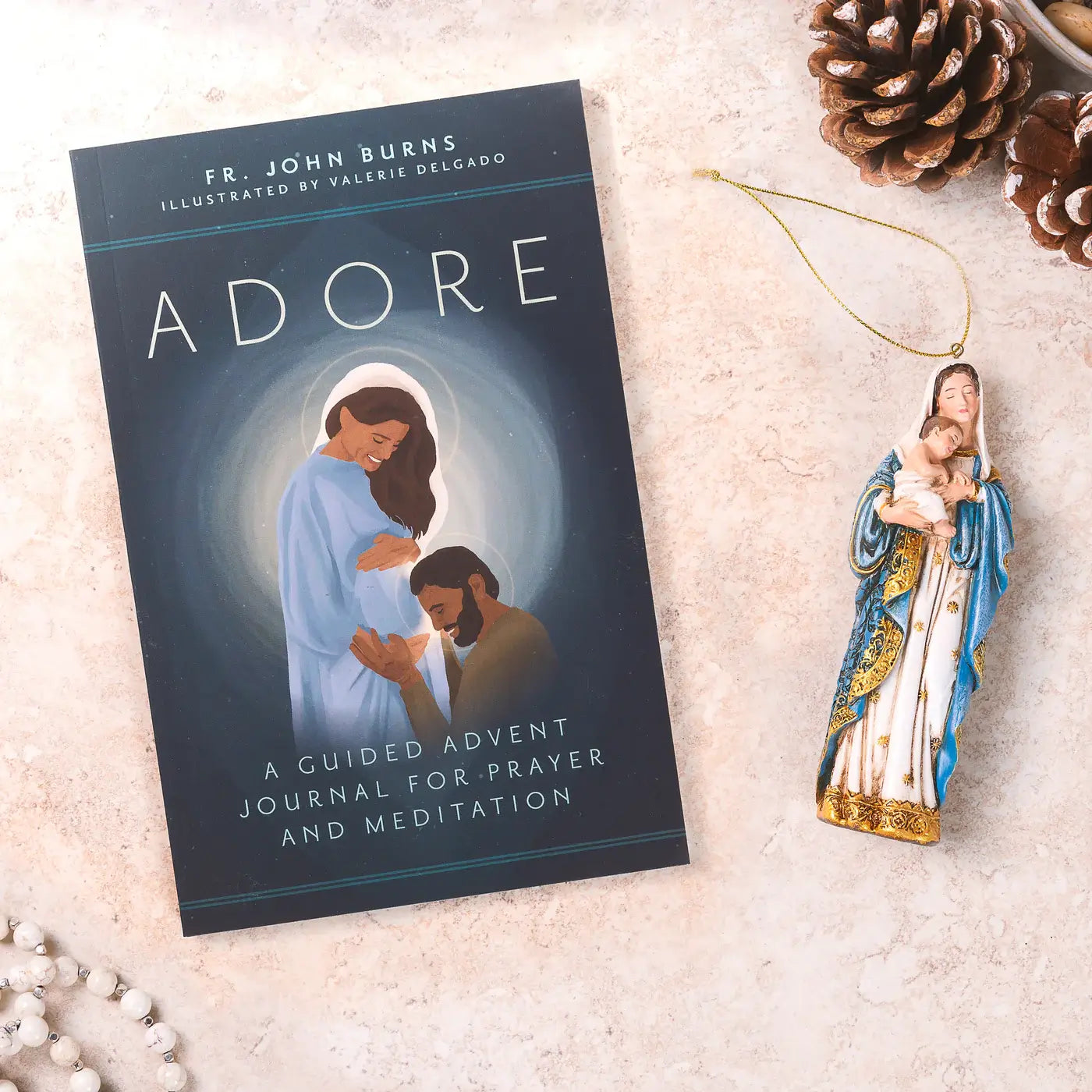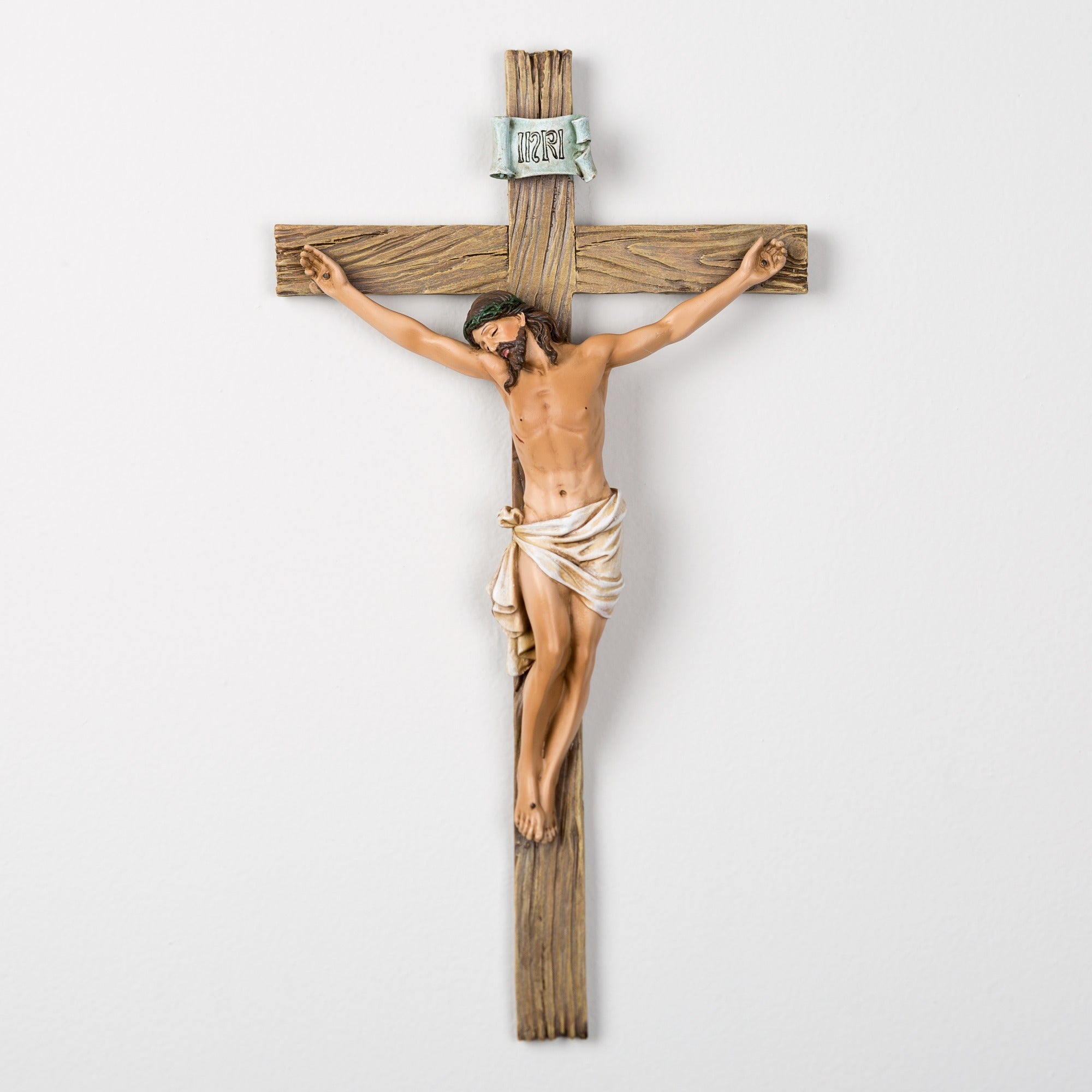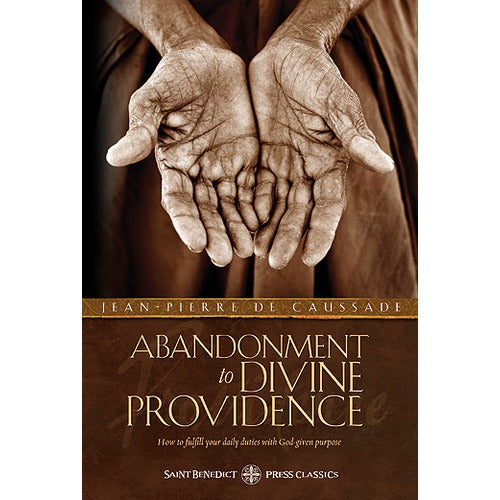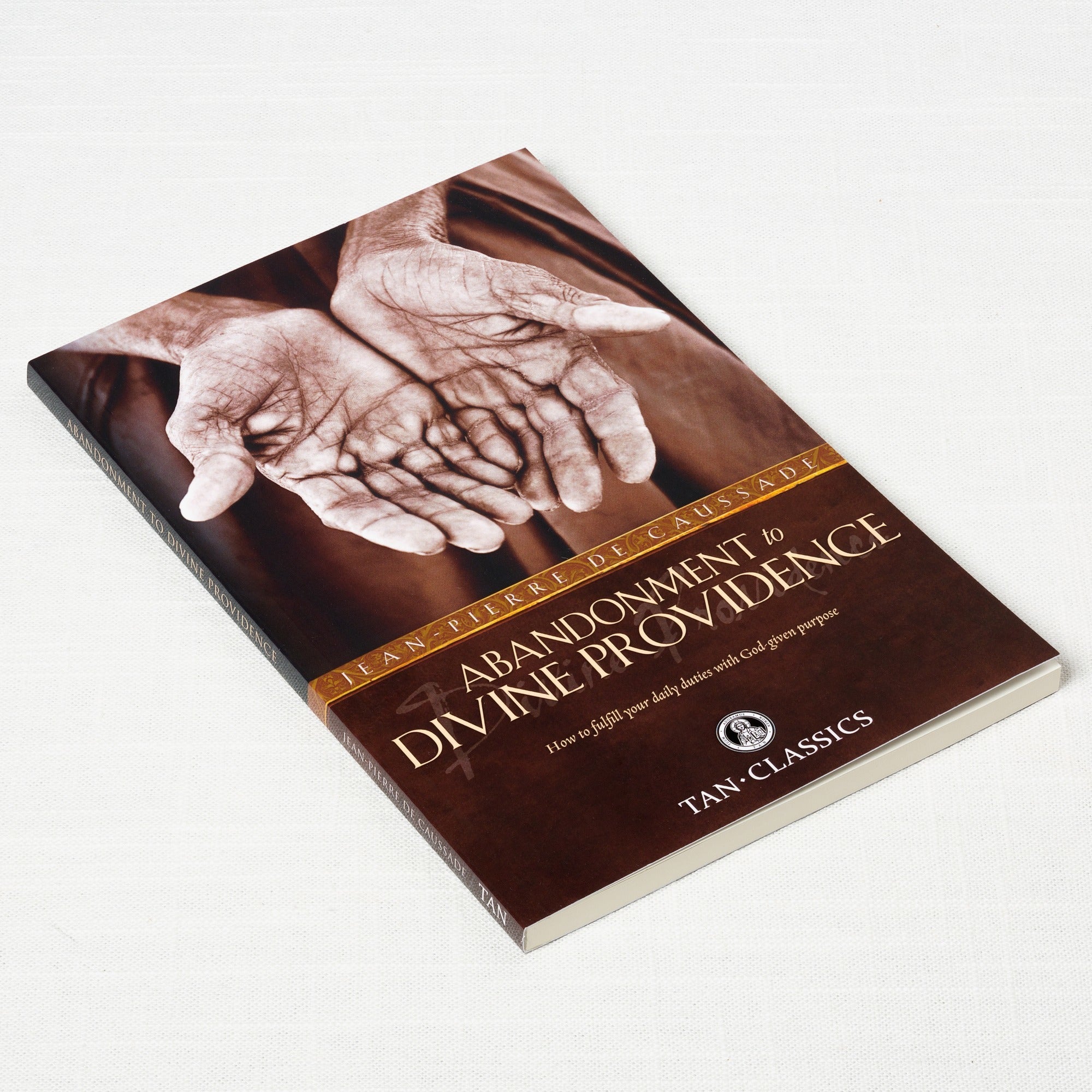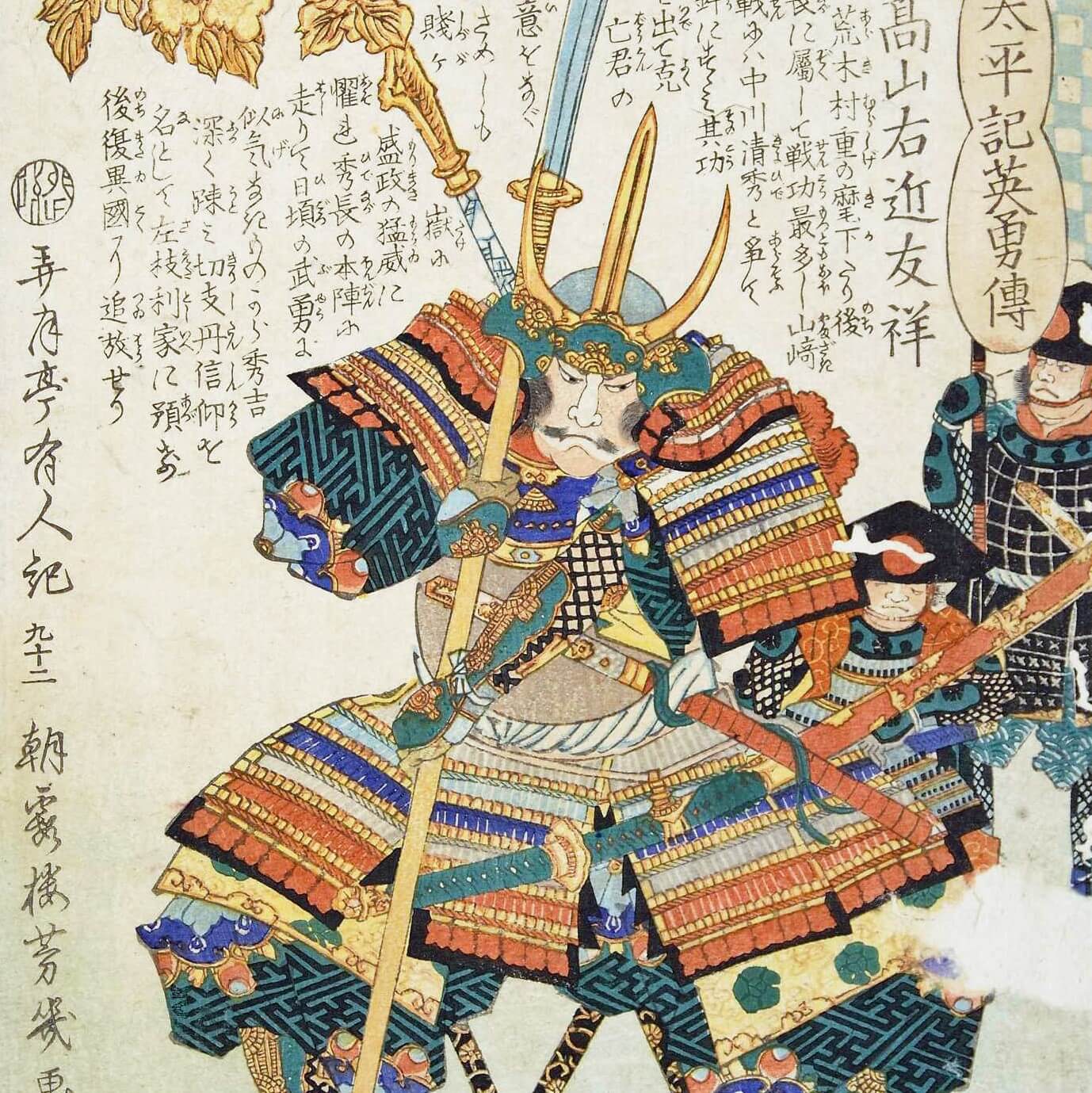“No, I will not leave the house of the Lord. It would mean my ruin.”
Decades before Rosa Parks refused to get off a bus, a slave named Bakhita refused to leave Italy and go back to Africa. She had found her faith there, and she would not leave it.
Bakhita was born in 1869 in Darfur, Sudan, the niece of a tribal chief, and had enjoyed a happy childhood before being captured by Arab slave traders at the age of nine. They gave her the Arabic name “Bakhita” which meant “Lucky.” She endured horrendous cruelty before finally being sold to the much-kinder Italian consul of Sudan, who took her to Italy. He gave her to the Michieli family, to whom she acted as a nanny.
It was the Michieli’s estate manager, Illuminato, who first introduced Bakhita to Christianity, giving her a crucifix and explaining how Christ had died for her. This had a profound impact on Bakhita. Illuminato would encourage her in her faith journey, and later, her religious vocation.
Illuminato helped arrange for Bakhita and the Michielis’ young daughter to attend a catechetical institute in Venice run by the Canossian Sisters while the family was on business in Sudan. Bakhita eagerly learned about the Faith and felt drawn to the life of the Sisters.

St. Josephine Bakhita (source: www.vatican.va)
When the Michielis wanted to take Josephine back to Sudan with them, she steadfastly refused, knowing that her faith formation would be endangered. The matter came before the authorities in Venice, who sided with Bakhita—slavery had been outlawed in Italy long before, and they declared that Bakhita had been free since she entered the country!
Free at last, Bakhita was baptized and took the names Josephine, Margherita, and Fortunata— “lucky” or “fortunate” in Italian. She entered the order of the Canossian Sisters a few years later. She was transferred to the convent in Schio, Italy, where she was a cook, seamstress, and portress for over forty years. With her loving manner and gentle ways, she gained the love and admiration of the Sisters, the villagers, and the children who came to the Sisters’ school.
When World War I struck and the convent was turned into a field hospital, Sister Josephine comforted and cared for the suffering and dying soldiers. In World War II, just a few years before her death, she predicted that no bombs would fall on the houses of the village. And sure enough, they didn’t.
Sister Josephine died in 1947 and was beatified and canonized by Pope John Paul II.
During her life, she was asked to give talks to raise awareness of the Catholic missions. Whenever she recounted her incredible story, her heart—far from being self-pitying or resentful—was ever full of gratitude and love for the Lord who had led her to Himself through so many trials. One of those who heard her story as a small child was Fr. Gabriele Amorth, the famous exorcist of Rome.
Read the full story for yourself (this was just the bare summary!) in Bakhita: From Slave to Saint. You’ll be astounded at the Providence that runs through such a difficult and yet “lucky” life—a life which was a veritable song to God’s goodness and Providence. Order yours at The Catholic Company today!









